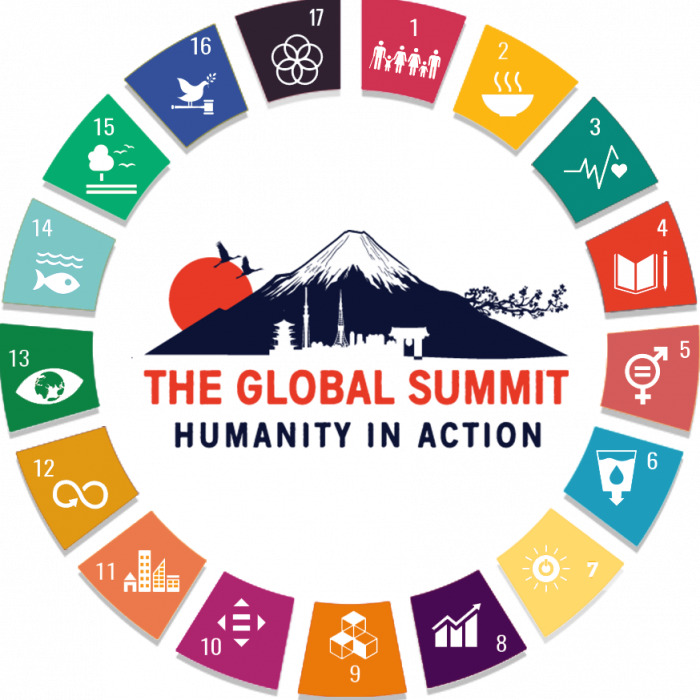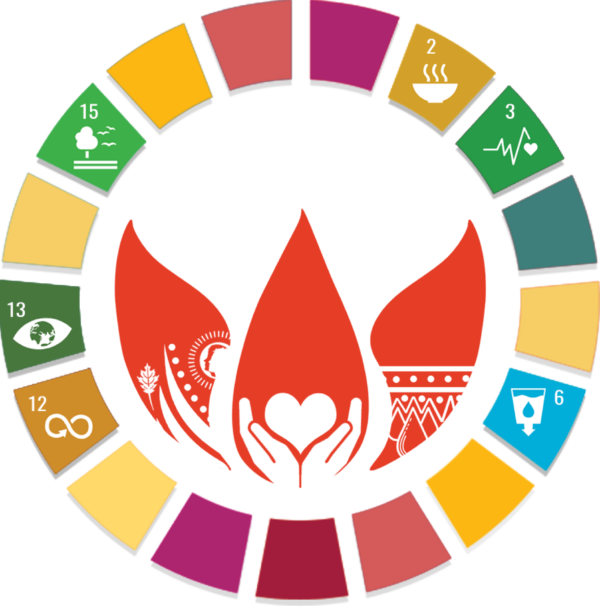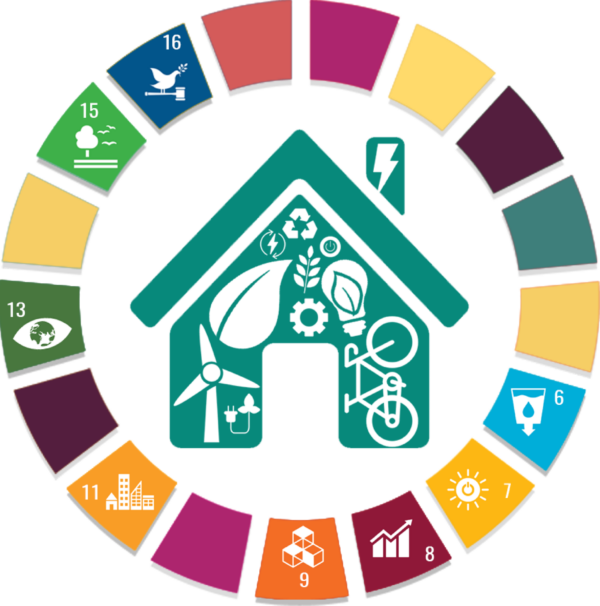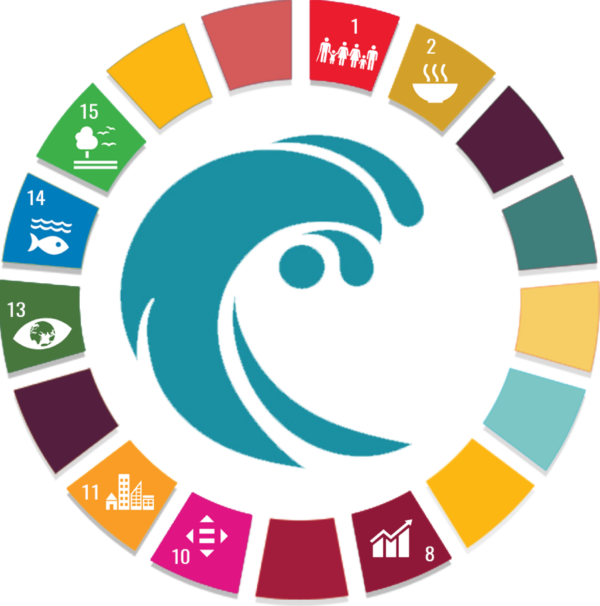
In 2015, 193 countries of the UN General Assembly adopted 17 sustainable development goals to address the most pressing issues of our time and set a course for sustainability by 2030.
In the spirit of cross-cultural resilience, we are gathering thought leaders, impact artists, and social entrepreneurs to unite, up-skill, and accelerate change-makers with real solutions NOW!
Join leading pioneers from around the world in the Catalyst Action Training to catapult your vision for catalytic global change.
Everyone can Make a Difference
Catalyst

Be 1 of (up to) 100 leaders to boost your initiative into rippling impact; and Movement Building Master Class beyond.
Global Citizen

Ignite your inspiration with a global community united in action for a thriving future.
Hacker

Co-Create what’s next! Bring your professional game to the Hackathon and take Catalysts’ solutions global.
Partner

Whether a business, media group, or an NGO, together we can create a better world for all.
Volunteer

Bring your passion for action to the table with extraordinary people making a difference.
DISCOVER Your IMPACT Team
5 Teams with catalytic change agents, partners, and inspired citizens tackle 17 sustainability goals. Learn more about each
focus area. Find a way to make an impact.
FEMINOMICS

See how feminine values, circular business models, and high impact investing foster a flourishing society.
WELL-BEING 360

Empower yourself. Understand ‘how what we eat, drink, and do, affect the wellbeing of our living systems.”
LEARNING 4 LIFE

Drive opportunities for better livelihoods, reduce inequalities, and build a regenerative future.
THRIVING CITIES

Design sustainability, access to housing, and meaningful work and play into communities and places we live in.
ONE OCEAN

Create new solutions to improve, connect, and support all life- from the air to the seas- on our blue planet.
TAKE THE best ideas GLOBAL
Invest your creative genius and business skills to take Catalyst solutions to the next level in Halftime Hackathon. Your team presentations will be presented in the Global Pitch to a global audience of change-makers, policy leaders, and impact investors.
Vote at the Global Pitch
February 22 be inspired by policy, technology, and community solutions from the Hackathon support teams. Pick your Impact Team and vote up the top solution for Audience Choice Award.

3 PILLARS OF CHANGE:
- Transparent Governance - empower self-determination and protect Human Rights; the Rights of Indigenous Peoples, and the Rights of Nature.
- Local to Global Collaboration - reduce duplication, empower community-based solutions to meet the 17 Sustainable Development Goals (SDGs).
- Regenerative Technologies - find, accelerate and share innovations to catalyze immediate climate change solutions (meeting COP21 targets).


